
A mortgage default can trigger consequences that unfold quietly yet impact multiple aspects of your financial life. Many people are caught off guard by how quickly situations escalate. Learning how things can progress equips you to handle challenges more confidently. So, keep reading to explore ten things that happen when a mortgage goes into default and why being aware of them is important.
Your Credit Score Drops Immediately
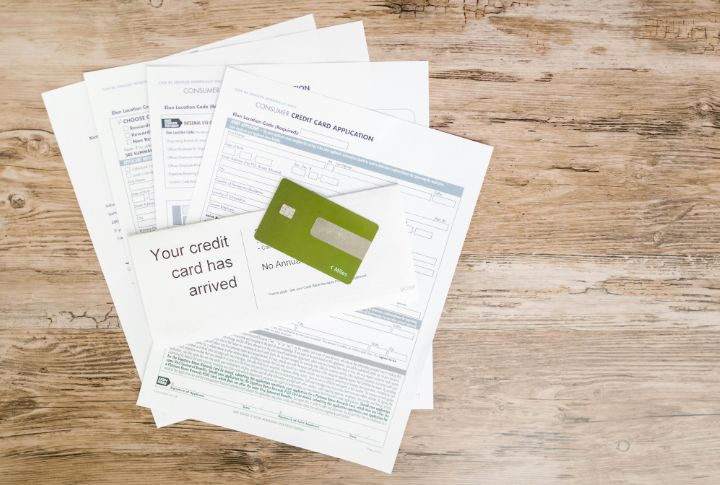
Mortgage defaults hit credit scores quickly. Once a payment is 30 days overdue, lenders alert the credit bureaus. And that negative mark stays on your record for up to seven years. Even a single missed payment may interfere with renting an apartment. In some cases, employers also review credit reports during the hiring process.
Late Fees Begin To Accumulate

Miss a payment, and the clock starts ticking. Most mortgages add late fees, and those small charges do not stay small for long—they keep stacking up. Although grace periods sound safe, charges can still slip in before you realize it. The best move? Pay before the deadline and review your loan terms.
Foreclosure Proceedings Are Triggered
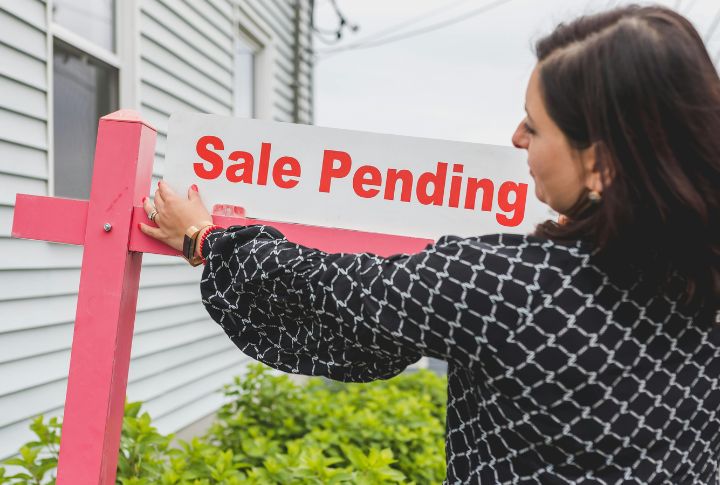
Foreclosure begins when several mortgage payments go unpaid. Lenders typically respond with a formal Notice of Default. Depending on state laws, the process may not require a court appearance. Also, timelines vary widely, but some foreclosures close in less than 90 days, leaving borrowers with limited time to address the situation.
Eviction Becomes A Real Possibility

When foreclosure ends, the new owner gains control, and eviction usually follows, typically delivered by law enforcement in an official manner. Sometimes, only a few days are given to leave. That’s why some homeowners cut stress with “cash for keys” deals to move peacefully.
You May Owe A Deficiency Balance

Foreclosure doesn’t always wipe out the debt. If the home sells for less than what is owed, the leftover balance becomes your responsibility. Courts can even issue deficiency judgments to collect the gap. Certain states offer protection, while elsewhere, the debt sticks and, surprisingly, it can follow borrowers for decades after the sale.
Future Mortgage Applications Become Difficult
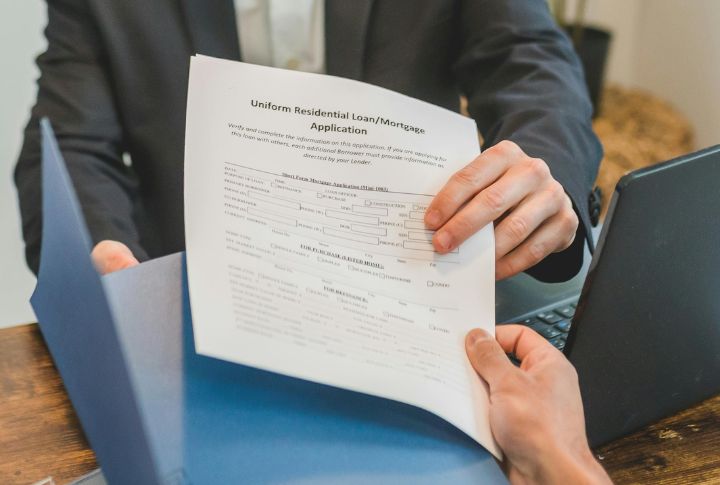
Defaults have a way of sticking around. When you apply for a new mortgage, lenders notice immediately, and approvals can be delayed for years. The good news: some government programs allow earlier reapplications. Still, future lenders usually want a written explanation of the default before considering approval.
Your Co-Signer Is Financially Impacted

Imagine agreeing to co-sign, thinking it’s just helping someone qualify. Then comes a default, and suddenly the debt is yours too. Credit drops, financial strain, and foreclosure costs may even be billed to you. In some cases, courts may reach further and pursue a co-signer’s assets to cover what remains unpaid.
Debt Collectors May Pursue You
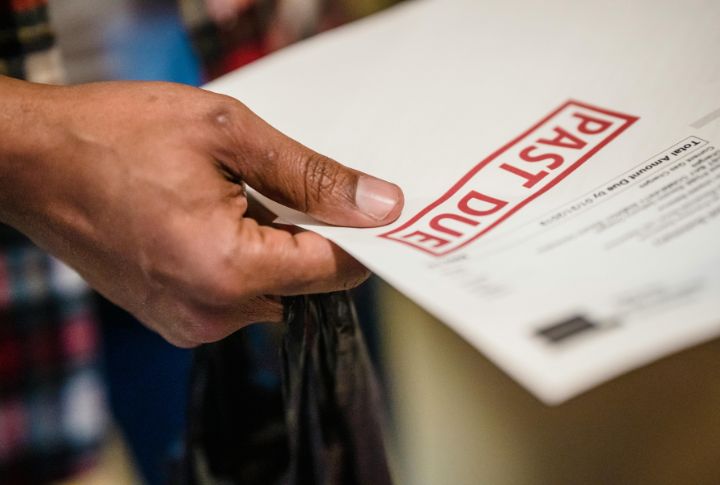
Defaulting on a loan often means the lender sells it to a debt collector. That is usually when the calls and letters begin, sometimes more aggressive than expected. Some agencies focus only on mortgage debt. What surprises many is that collectors don’t just call—they can even sue for the unpaid balance.
Tax Consequences Can Follow
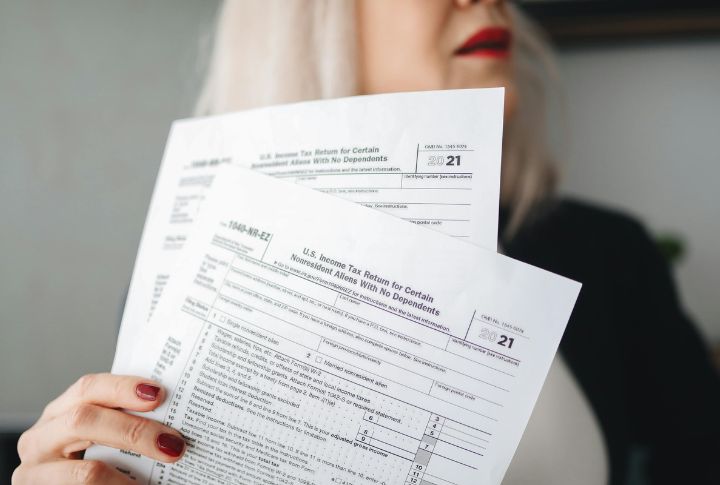
Here is something that shocks many homeowners—canceled debt does not always mean freedom. The IRS may tax it as income, and a 1099-C form from the lender delivers the news. Because laws on forgiveness shift frequently, it is hard to predict.
You Could Be Sued By The Lender

Missed payments can put you in more than financial trouble; they can land you in court. Lenders may sue to recover the balance, leading to wage garnishment or asset seizure. Many people don’t realize that lawsuits can continue even after foreclosure. To make it worse, judgments stay on credit reports for years.
